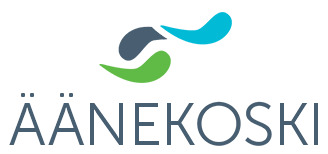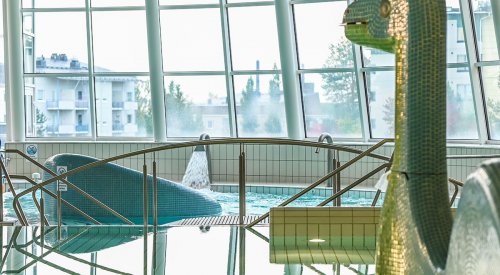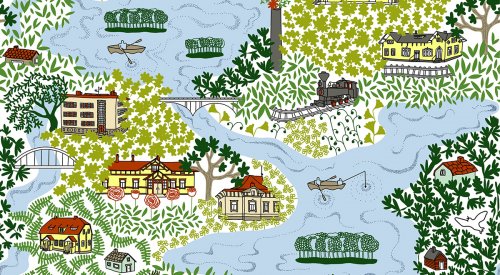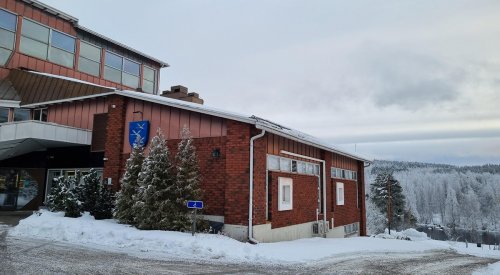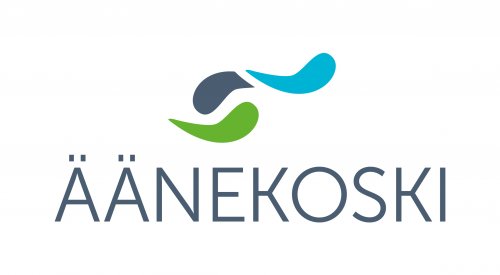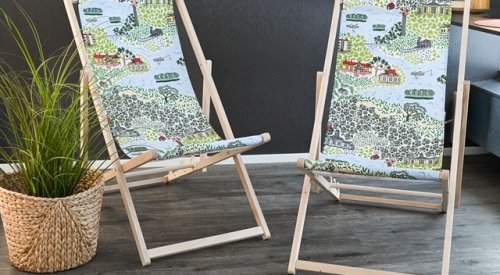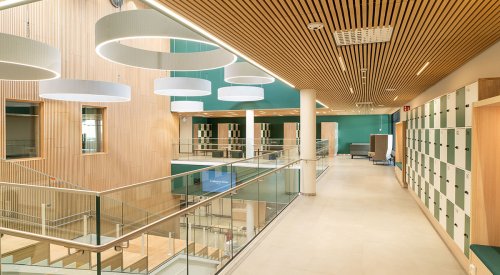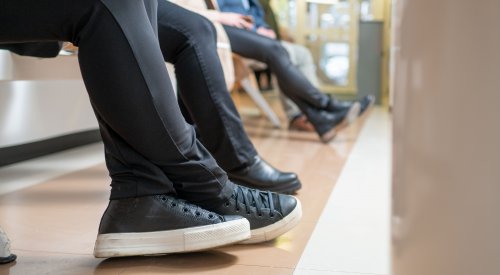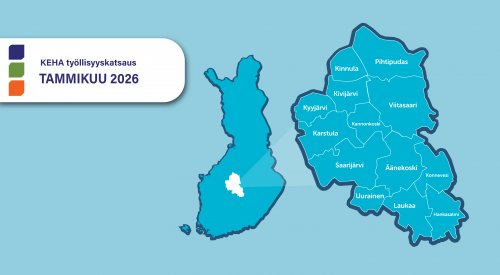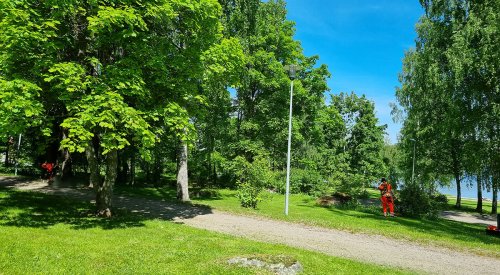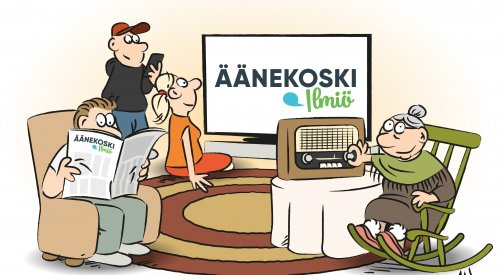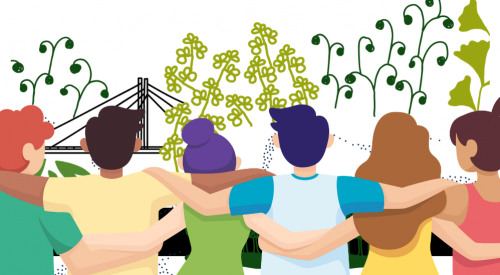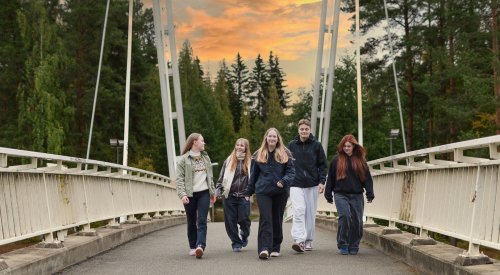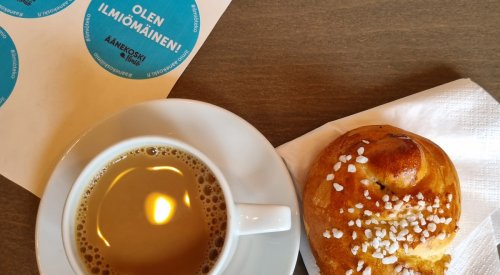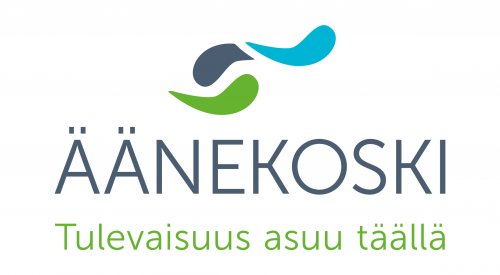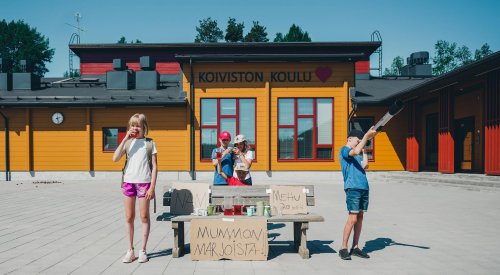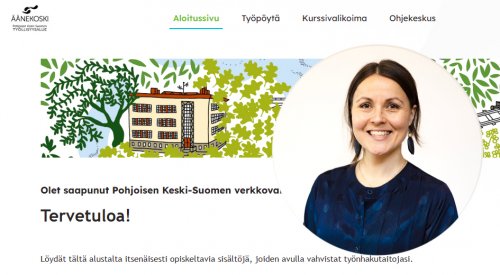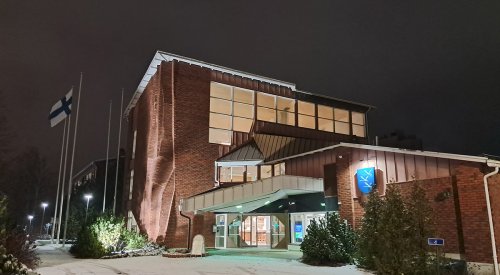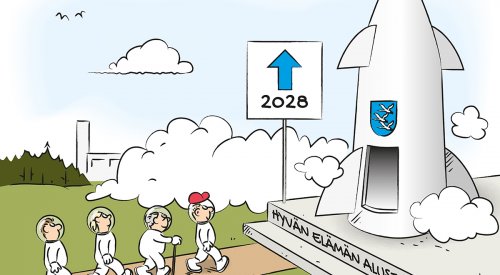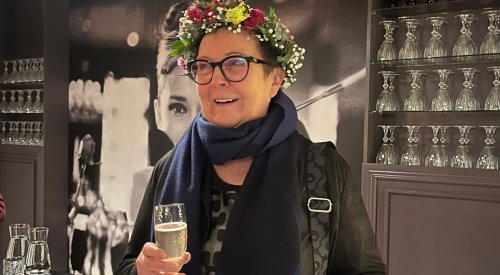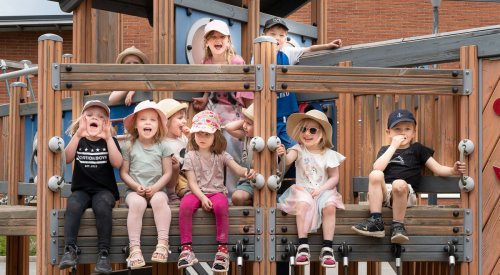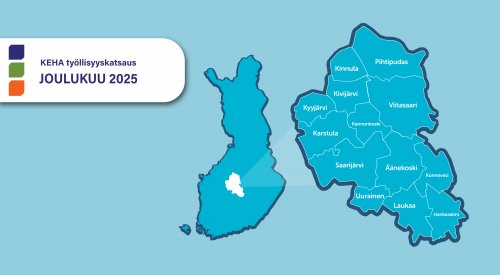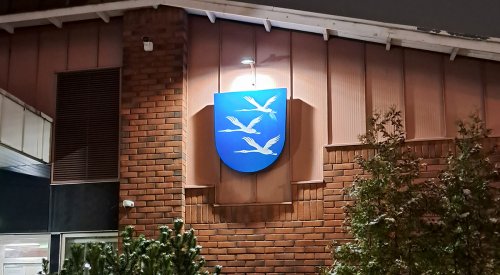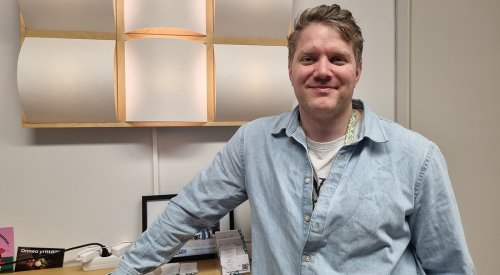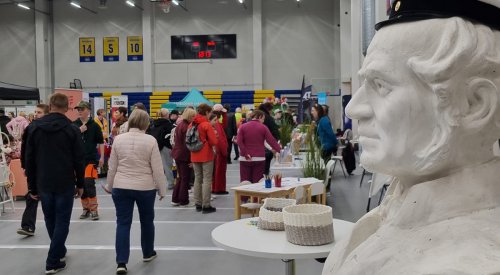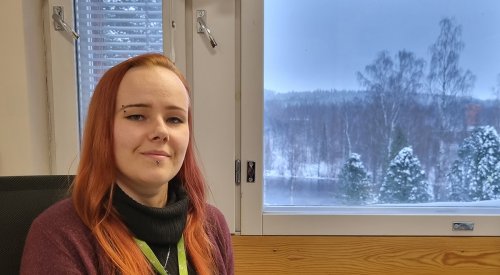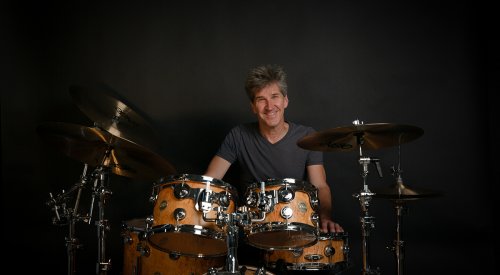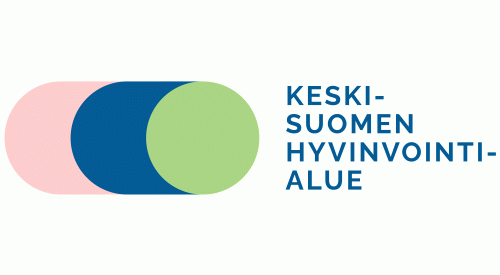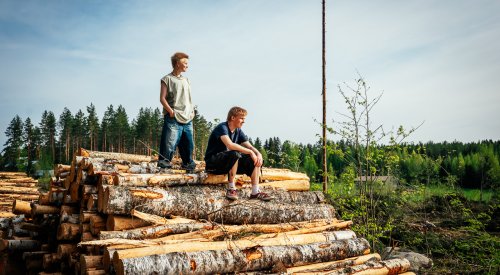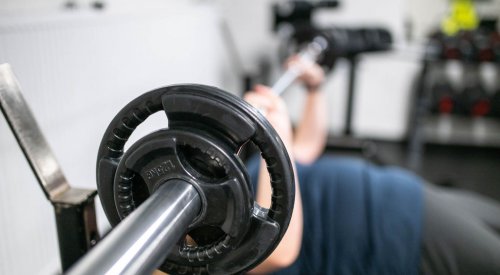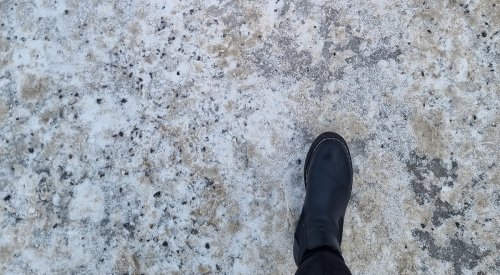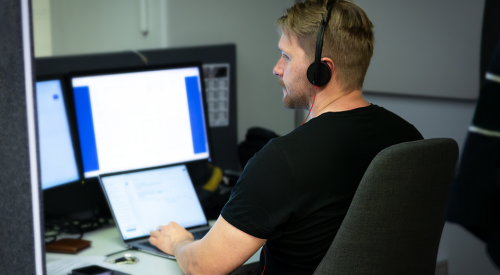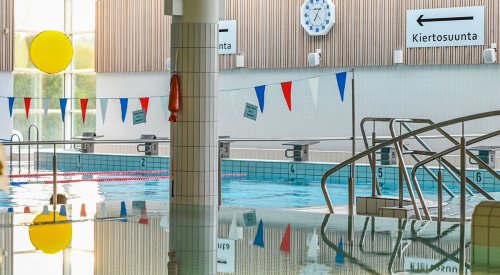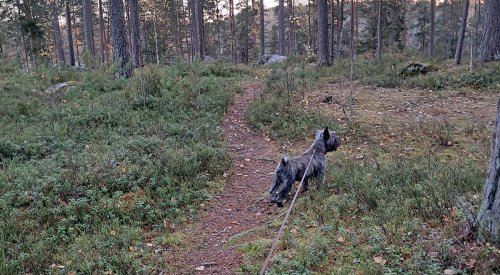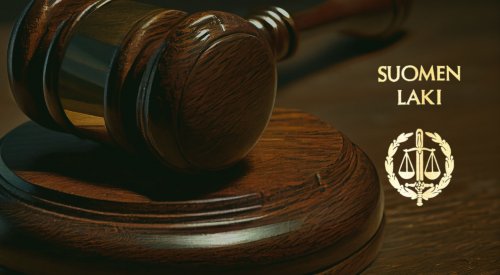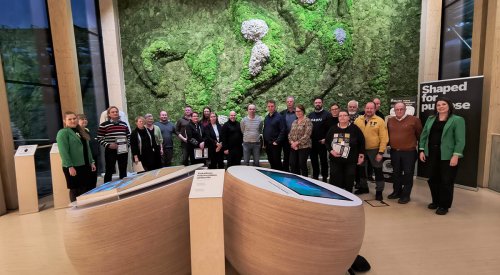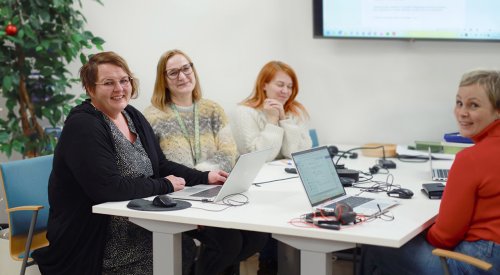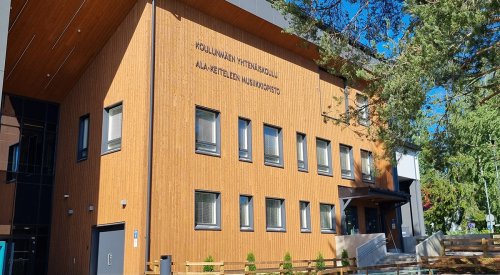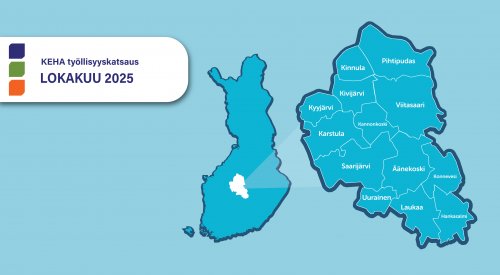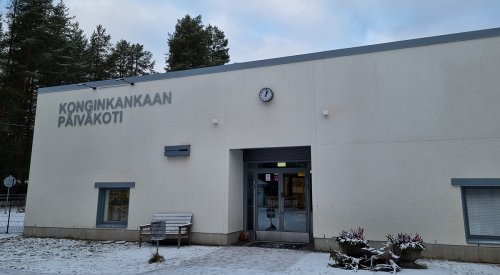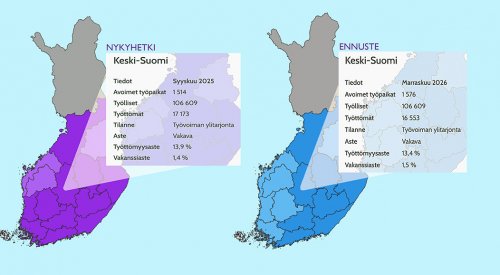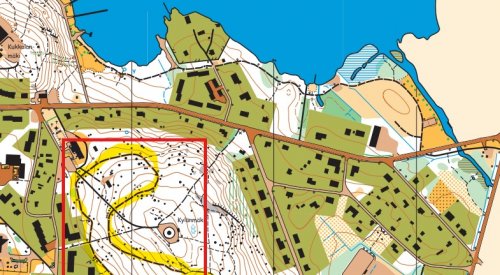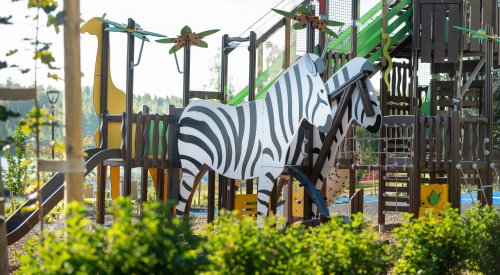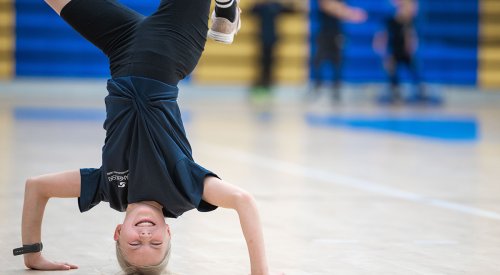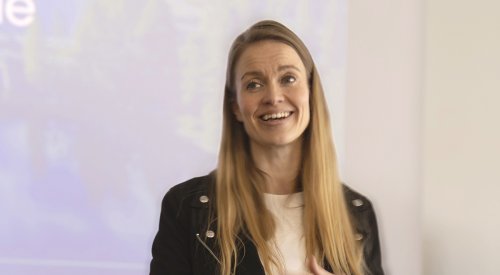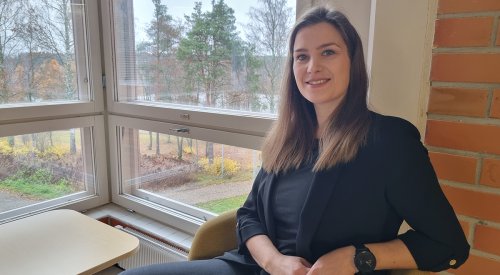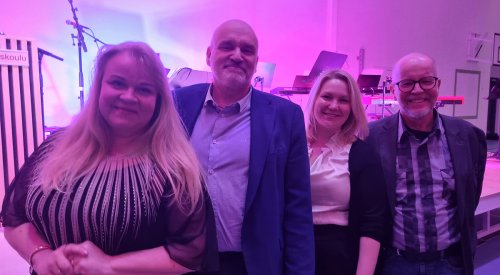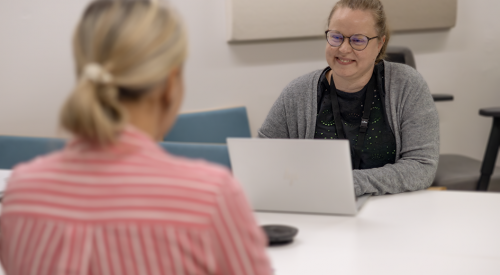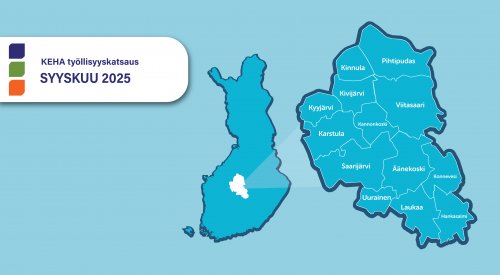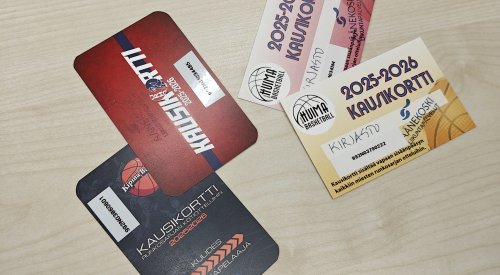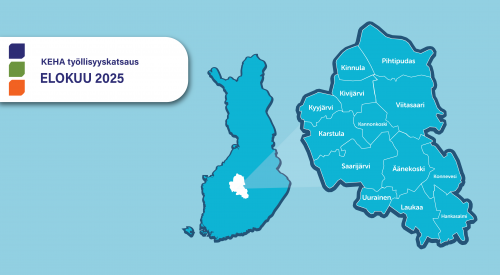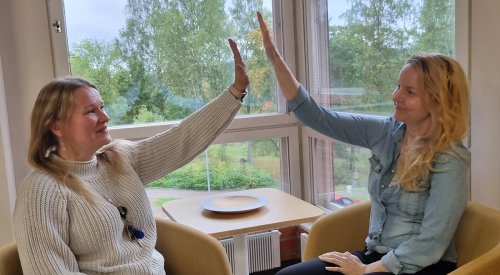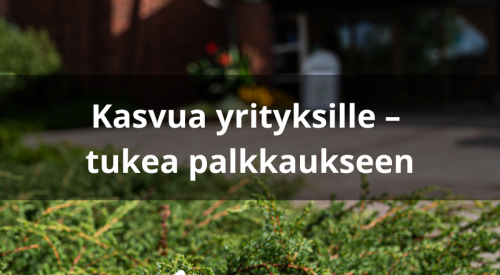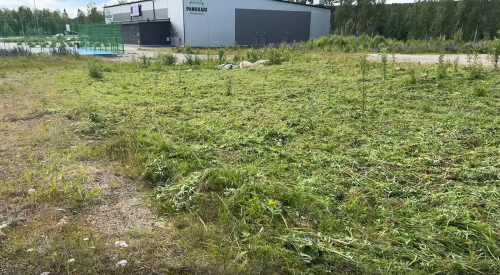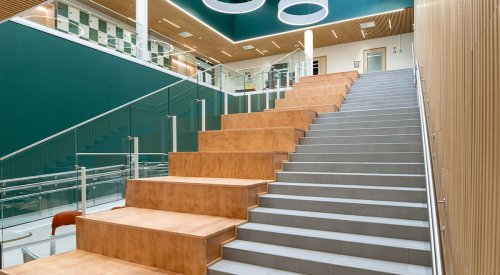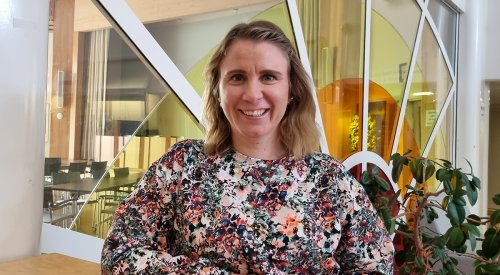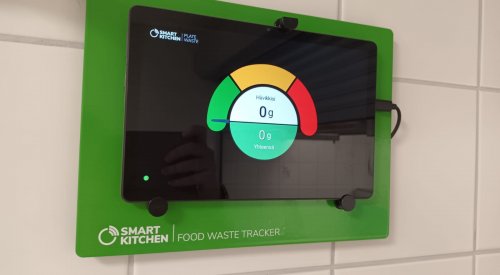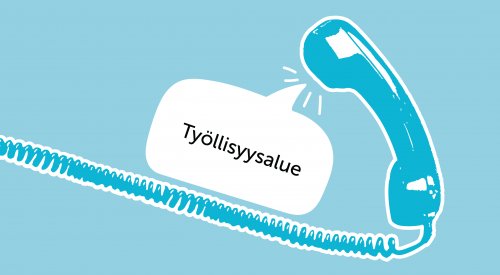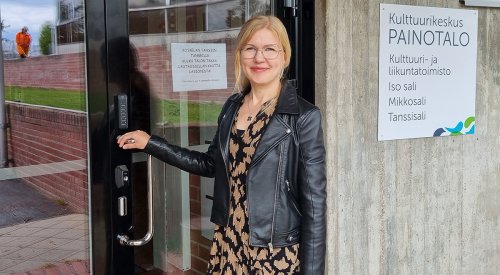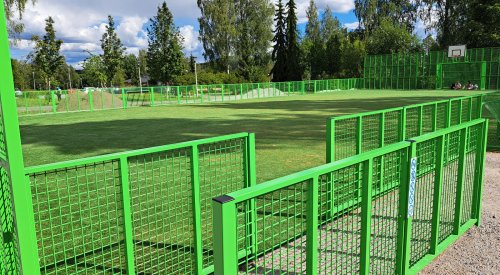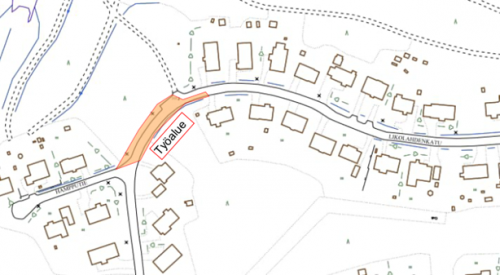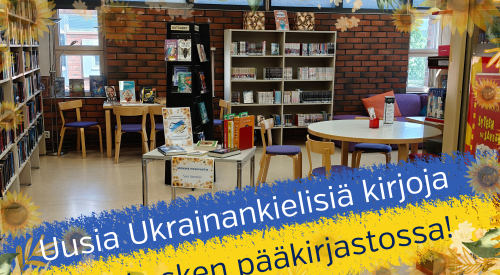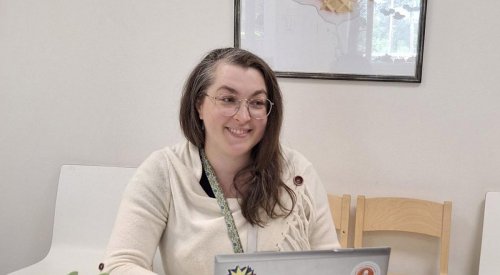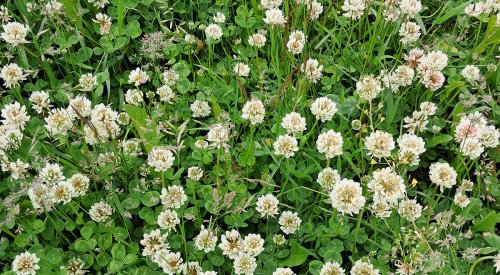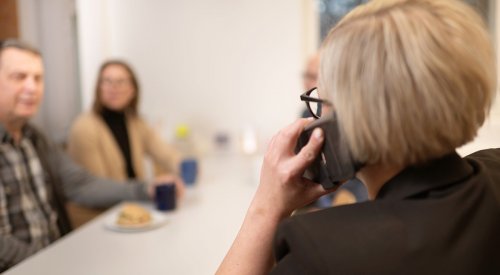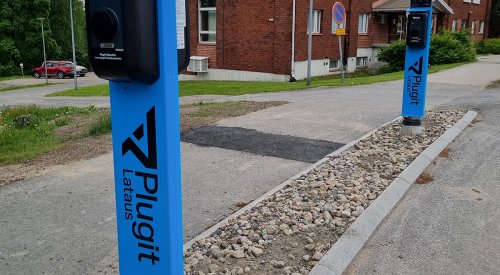Äänekoskella oppilaat otettiin mukaan luomaan koulujen uusia toimintatapoja
Äänekoskella nuorten halutaan antaa vaikuttaa suoraan heitä itseään koskevaan asiaan.
Äänekosken kaupunki on mukana valtakunnallisessa Opetus- ja kulttuuriministeriön Sitouttava kouluyhteisötyö -hankkeessa. Keski-Suomen pilottihankkeessa on mukana yhdeksän kuntaa ja sitä hallinnoi Äänekosken kaupunki. Tavoitteena on vähentää ja ennaltaehkäistä 5.-9.-luokkalaisten poissaoloja ja luoda myönteistä kouluun kiinnittymistä tukevaa toimintakulttuuria.
Äänekoskella on päivitetty yhdessä oppilaiden, vanhempien, opettajien ja yhteistyökumppaneiden kanssa poissaolojen toimintaohje, joka on otettu vuoden alusta käyttöön koko perusopetuksessa.
Koulunmäen yhtenäiskoululla oppilaiden kuulemiseen osallistui yhdeksän ja Suolahden yhtenäiskoululta 29 oppilasta. Oppilailta kysyttiin muun muassa mihin aikuisten pitäisi osata kiinnittää nuoren poissaloihin liittyen huomiota, milloin ja millaisiin poissaoloihin pitää puuttua, mitä pitäisi tehdä ensin ja kuinka toimia sitten, jos poissaolot jatkuvat.
Myös vanhemmille ja opettajille tehtiin samansisältöinen Wilma-kysely, johon saatiin 211 vastausta. Vanhempien ja opettajien vastaukset olivat samansuuntaiset kuin oppilaiden. Toimintaohjetta muokattiin myös yhteistyökumppaneilta saatujen ajatusten perusteella.
Valmistunut toimintaohje käytiin vielä nuorten kanssa läpi ja siitä pyydettiin vanhemmilta ja opettajilta vielä Wilma-kyselyn kautta kommentteja. Vastauksia saatiin 128 kappaletta.
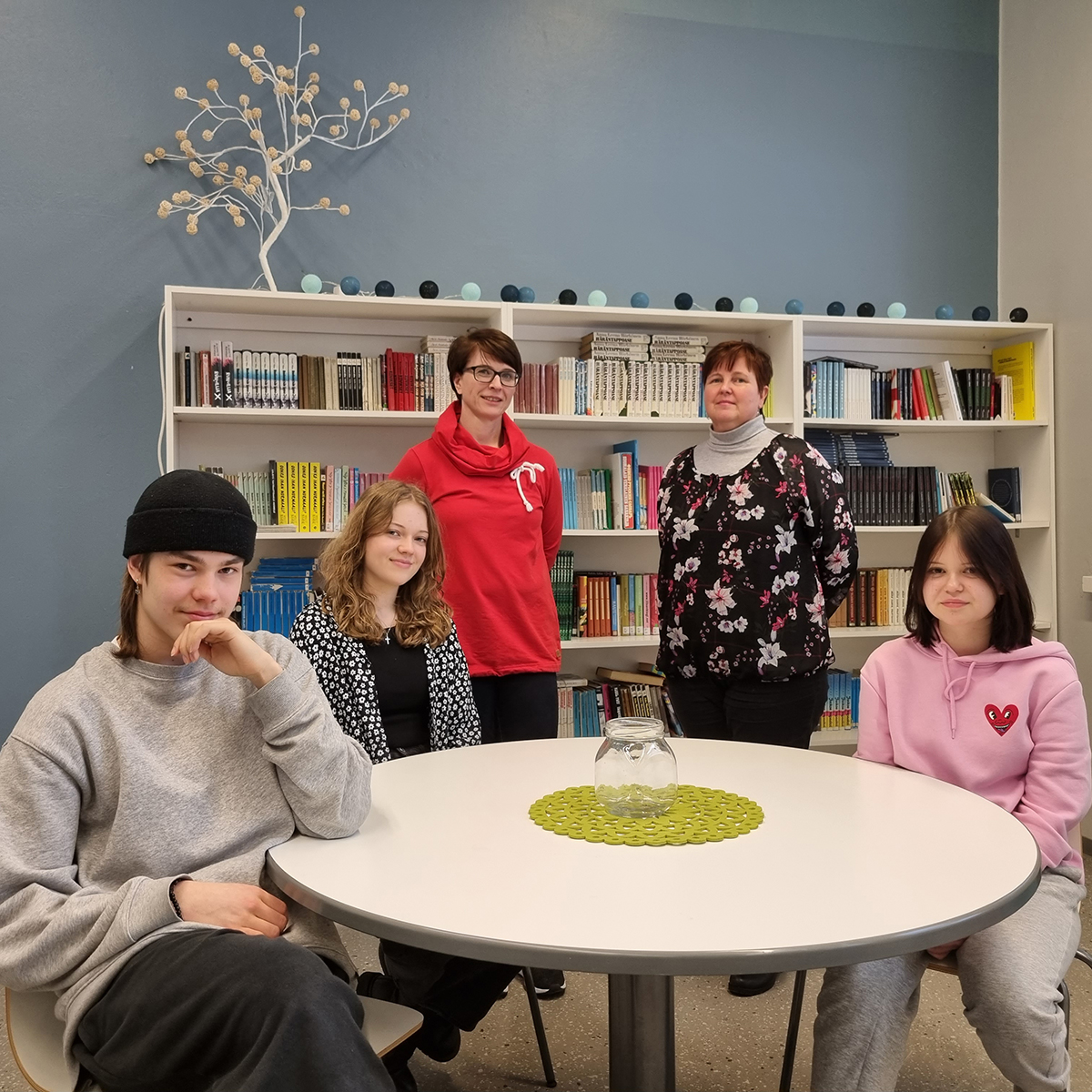
”Kerrankin meiltä kysytään”
Koulunmäen ja Suolahden yhtenäiskoulujen nuorista tuntuu siltä, että ovat tulleet kuulluiksi.
– Nyt kysyttiin meiltä, jotka tietävät asian, yläkoululainen Aaro Kankainen kiittää.
– Tässä kuunneltiin meitä nuoria, Saara Kinnunen lisää.
– Kerrankin meiltä kysyttiin, Antti Ritvanen lisää.
– Tulee tasavertainen olo, kun meitä kuunnellaan. Etteivät aikuiset päätä kaikkea meidän puolestamme, Nella Ilves tuumaa.
– Aikuiset eivät aina välttämättä ymmärrä nuoria, Josefiina Paatelainen sanoo.
– Moni kavereistanikin on sanonut, että on hyvä, kun meidän mielipidettä on kysytty, Tuuli Parkkonen kertoo.
Vaikkeivat poissaolot suurinta osaa nuoria koskekaan, on ilmiö oppilaille tuttu. Lopputulosta on jo luokissa esitelty oppilaille. – Ja se näytti juuri siltä, mitä olimme puhuneet, Parkkonen iloitsee.
Hankekoordinaattori, vastaava koulukuraattori Mira Ojalehdon mukaan nuoret osallistuivat innokkaasti ja näkökulmia saatiin runsaasti.
– Nuoret kokivat, että kerrankin meiltä kysytään ja saamme olla oikeassa asiassa mukana tekemässä ja aidosti vaikuttamassa meitä koskevaan asiaan.
Oppilaiden mielipiteissä ja kommenteissa tuli esiin, että he pitivät poissaoloihin puuttumista tärkeänä. Nuoret toivovat, että heidät kohdataan asioissa ensin henkilökohtaisesti ja hienotunteisesti.
– On hyvä, että poissaoloihin puututaan, mutta ei saisi puuttua liian ankarasti, Josefiina Paatelainen kuvaa.
– Kaikki ei halua, että vieraammat aikuiset puuttuvat nuoren asioihin, Aaro Kankainen miettii.
– Mutta on ymmärrettävää, että tämä on ennaltaehkäisevää työtä ja meistä välitetään, Tuuli Parkkonen lisää.
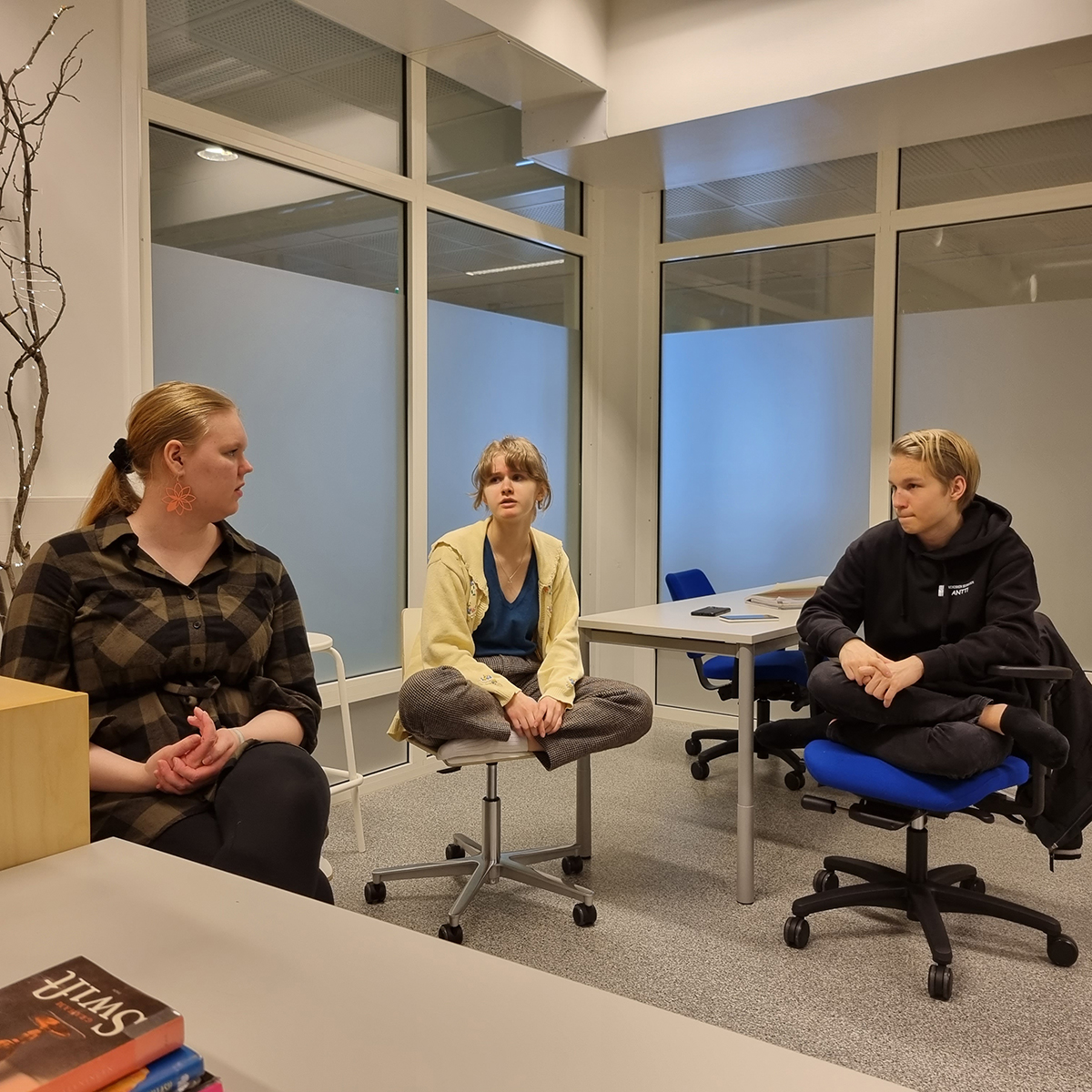
Poissaoloja tarkastellaan entistä systemaattisemmin
– Tärkeää on kehittää käytäntöjä, jotka yhdenmukaistavat poissaolojen seurantaa ja tilastointia, Mira Ojalehto kertoo. – Tavoitteena on, että uudet yhtenäiset toimintaohjeet parantavat mahdollisuuksia tarjota oppilaalle tukea mahdollisimman varhaisessa vaiheessa. Kaikenlaiset ja vähäisetkin poissaolot voivat heikentää kouluyhteisöön kiinnittymistä ja madaltaa kynnystä jäädä jatkossakin helpommin kotiin.
Nuorten poissaolojen määrä on valtakunnallisesti lisääntynyt.
– Pitkittyneitä oppilaiden poissaoloja on entistä enemmän, ja siihen on myös koronatilanne vaikuttanut, hankkeessa mukana oleva apulaisrehtori, erityisopettaja Katariina Lievonen sanoo.
– Tilannetta kartoitetaan heti, vaikka syynä olisi tavallinen sairauspoissaolo. Nyt ei eritellä syytä, minkä vuoksi oppilas on pois. Uusi ohjeistus on opettajillekin selkeämpää, Leivonen kertoo.
– Tämä on ollut hanke, joka liittyy vahvasti omaan työhön ja josta on omassa työssä hyötyä, toteaa myös apulaisrehtori, kielten opettaja Tuija Kinnunen.
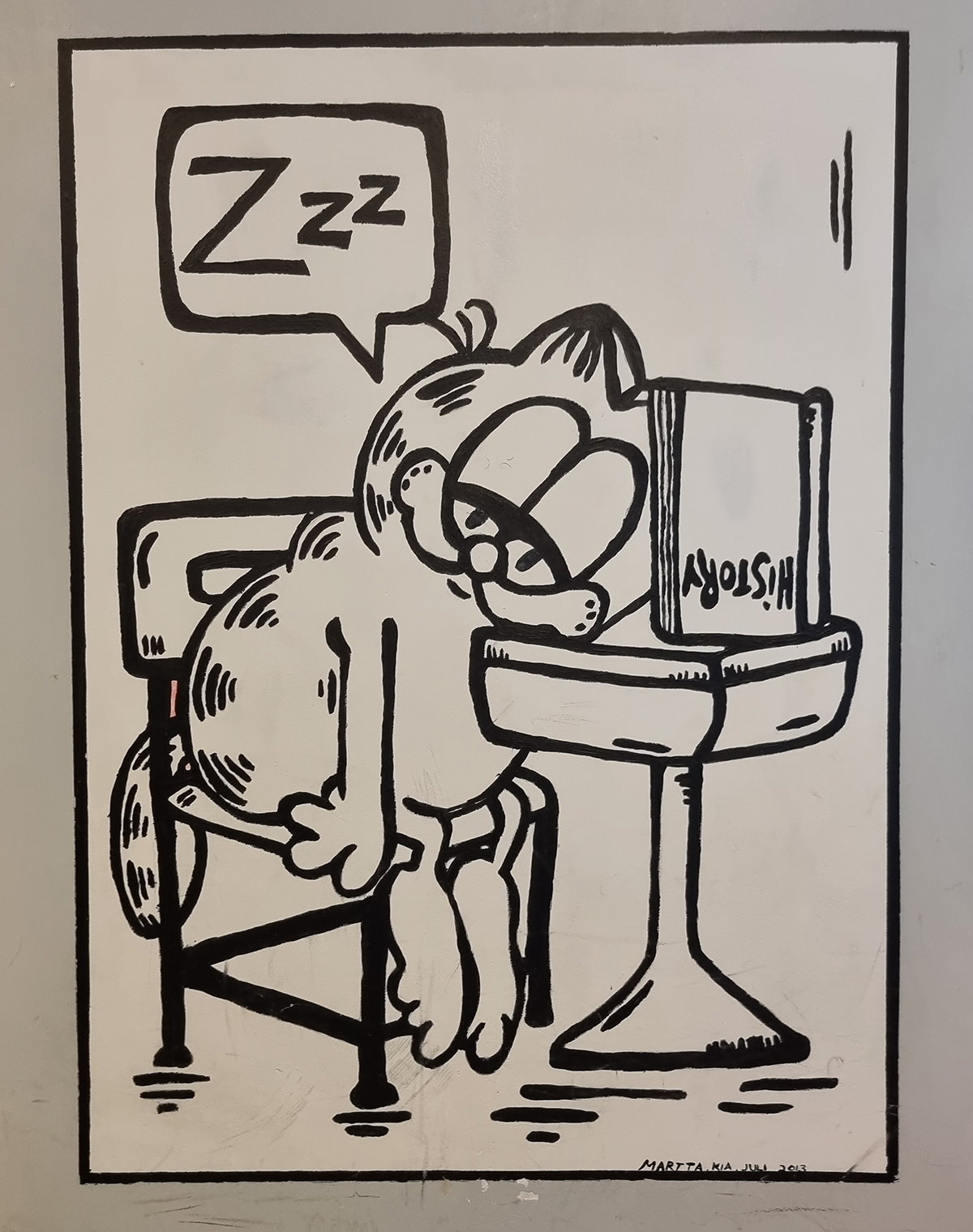
Kansallinen malli tulee osaksi jokaisen koulun arkea
– Hyvinvoivassa koulussa voivat kaikki hyvin ja kiinnittymiseen on paremmat mahdollisuudet. Äänekoskella on muutenkin satsattu koulujen hyvinvointiin, Katariina Lievonen toteaa.
– Äänekoskella painopisteenä poissaoloihin tarttumisessa on monitoimijuuden kehittäminen. Siinäkin osallisuus on keskiössä, Mira Ojalehto kertoo.
Seuraavaksi toimintamallin toimivuutta ja käyttöä on tarkoitus seurata. Toukokuussa OKM antaa valtakunnallisia suosituksia, jotka ohjaavat kansallista poissaolojen seurantaa ja toimintaa edelleen hankkeessa vuosien 2022-2023 aikana. Odotettavissa on myös muutoksia lainsäädäntöön ja opetussuunnitelman perusteisiin.
– Tärkeässä jutussa olette olleet mukana synnyttämässä uusia toimintatapoja, Mira Ojalehto tuumaa nuorille. – On ihan siistiä, kun on saanut olla mukana sellaisessa, joka tulee olemaan käytössä laajasti ja pitkään, Nella Ilves sanoo.
Sitouttavan kouluyhteisötyön kehittäminen on myös osa Opetus- ja kulttuuriministeriön kiusaamisen vastaisen toimintaohjelman toteutusta.
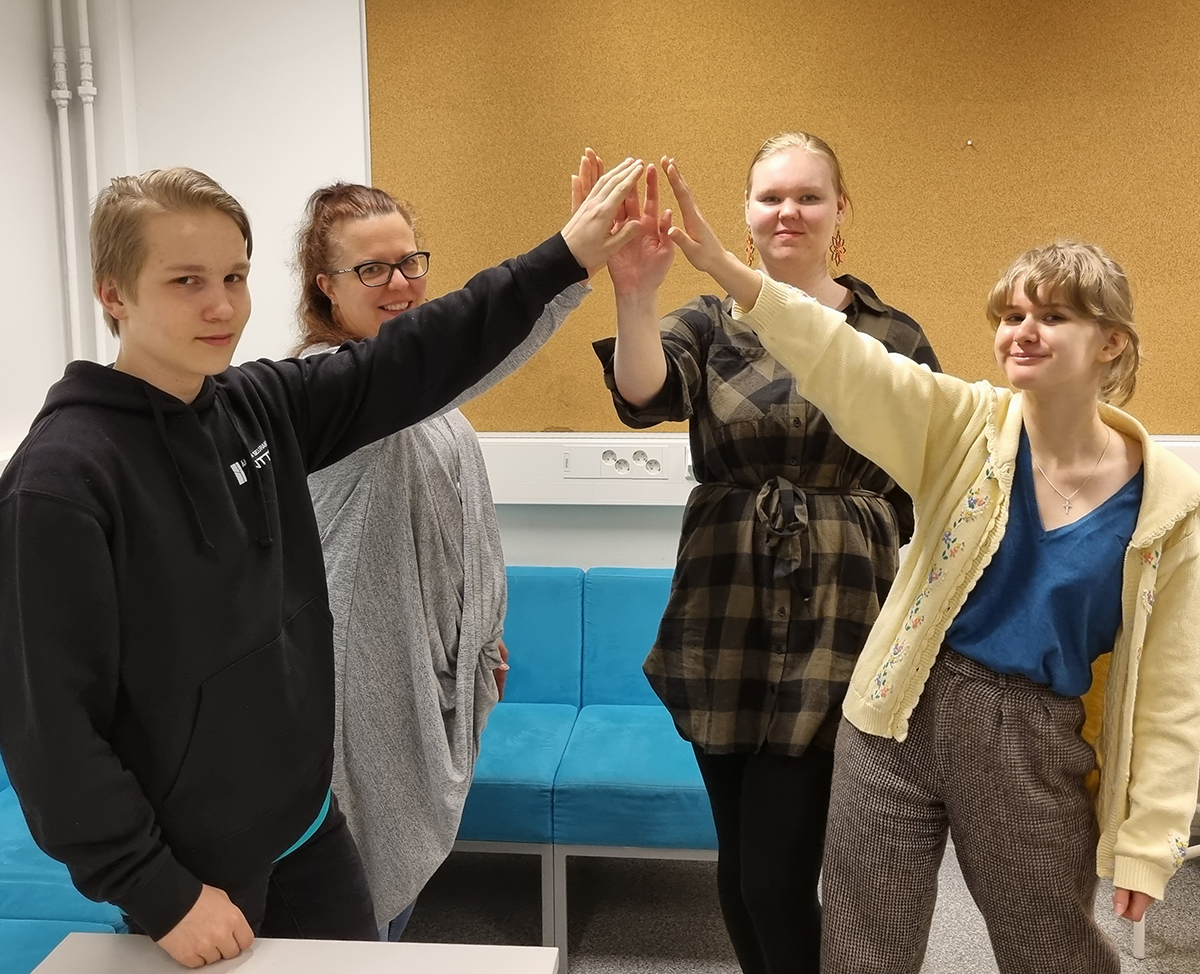
Lisätiedot:
Sitouttava kouluyhteisötyö -hankkeen koordinaattori, vastaava koulukuraattori Mira Ojalehto, 040 846 2907, mira.ojalehto@aanekoski.fi
Uutinen julkaistu 17.3.2022
